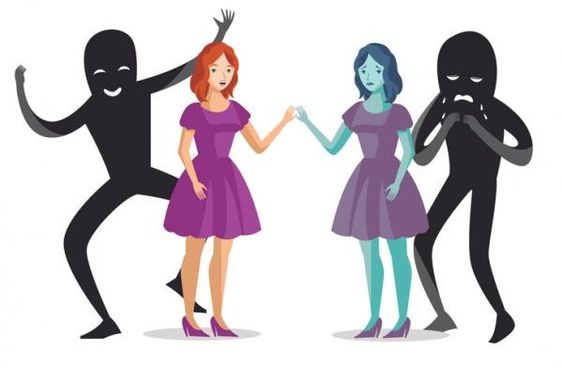Introduction
Bipolar disorder, formerly known as manic depression, is a mental health condition that causes extreme mood swings that include emotional highs (mania or hypomania) and lows (depression). These mood swings can affect sleep, energy, activity levels, judgment, behavior, and the ability to think clearly.

Living with bipolar disorder can be challenging, but with proper treatment, individuals can manage their symptoms and live fulfilling lives. Bipolar disorder therapy is a crucial aspect of managing the condition and involves various approaches tailored to the individual's needs.
Understanding Bipolar Disorder Therapy Options
Bipolar disorder therapy typically involves a combination of approaches to address the multifaceted nature of the condition. The most common treatment options include:
1. Medication Management
Medications are often the first line of treatment for bipolar disorder. Medications aim to stabilize mood swings and reduce the severity and frequency of episodes.
2. Psychotherapy
Psychotherapy, also known as talk therapy, plays a vital role in bipolar disorder treatment. It provides individuals with a safe and supportive space to address their thoughts, feelings, and behaviors.
3. Lifestyle Modifications
Lifestyle modifications are essential for managing bipolar disorder effectively. These modifications focus on establishing healthy habits that promote emotional well-being and stability.
4. Support Groups
Support groups provide a platform for individuals with bipolar disorder to connect and share their experiences with others who understand their challenges.

.jpg)